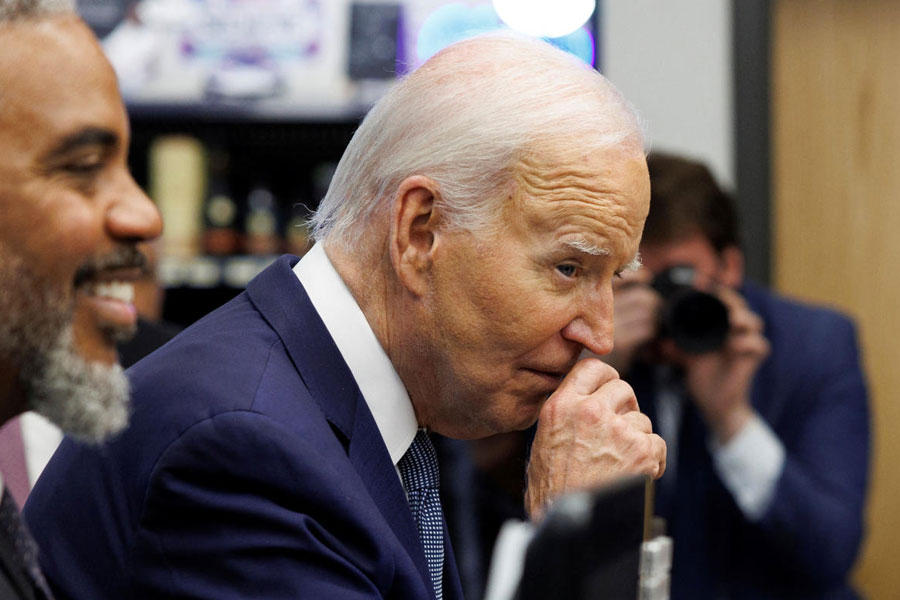A number of steps have been taken by the Joe Biden administration to thwart what it claims are efforts by the Russian State to influence the upcoming presidential polls in the United States of America. The US deputy attorney general is on record stating that three Russian firms used fake profiles to disseminate false narratives on social media platforms and that internal documents of one of those companies revealed that the goals of the propaganda campaign included a bid to boost the candidacy of Donald Trump. The mitigatory action announced by the US includes the framing of criminal charges against two Russian nationals, sanctions against individuals and entities, as well as the seizure of 32 internet domains. Charges of Russian meddling in American presidential elections are not new; there were similar whispers before the 2016 presidential elections. Russia is not the only country to have allegedly perpetrated such transgressions either. These accusations have been hurled at different points of time against the US — it faces one of the highest number of charges of meddling in foreign elections — and, more recently, against China and Iran among other countries.
The targeting of foreign elections by rival nations seems to have acquired a troubling geostrategic legitimacy in an intensely competitive global order. This has serious repercussions for democratic set-ups as well as the principle of fair competition in them. Additionally, it also lays bare the evolving — complicated — relationship among technology, free speech and the imperatives of national security. This is because the internet, once conceived as the repository of connectivity and related freedoms, has been suitably weaponised for the sake of fulfilling ulterior motives, leading, in turn, to a set of fundamental questions: should liberty and free speech mediated through technology remain unsupervised and absolute? Or do the compulsions of national security necessitate the imposition of restraints on them? It must be noted that this debate is taking place, albeit in different forms, in different corners of the world. Brazil’s legal censoring of the social media platform, X, or France’s punitive action against the co-founder of Telegram are not unrelated to the dilemmas associated with the debate. But given technology’s transformation into a potent arsenal, free speech, as advocated by J.S. Mill’s Harm Principle, can hardly be allowed to operate unfettered.











